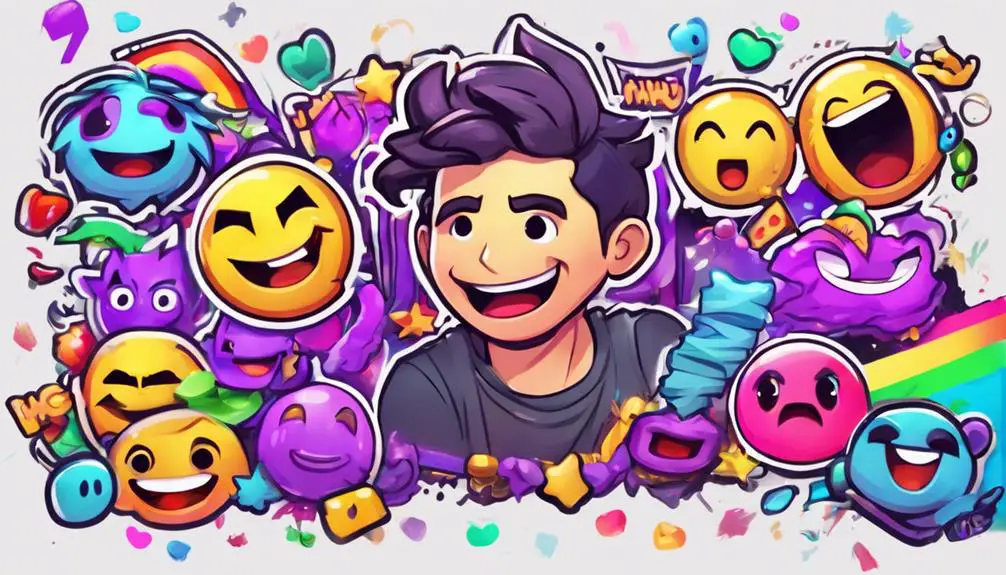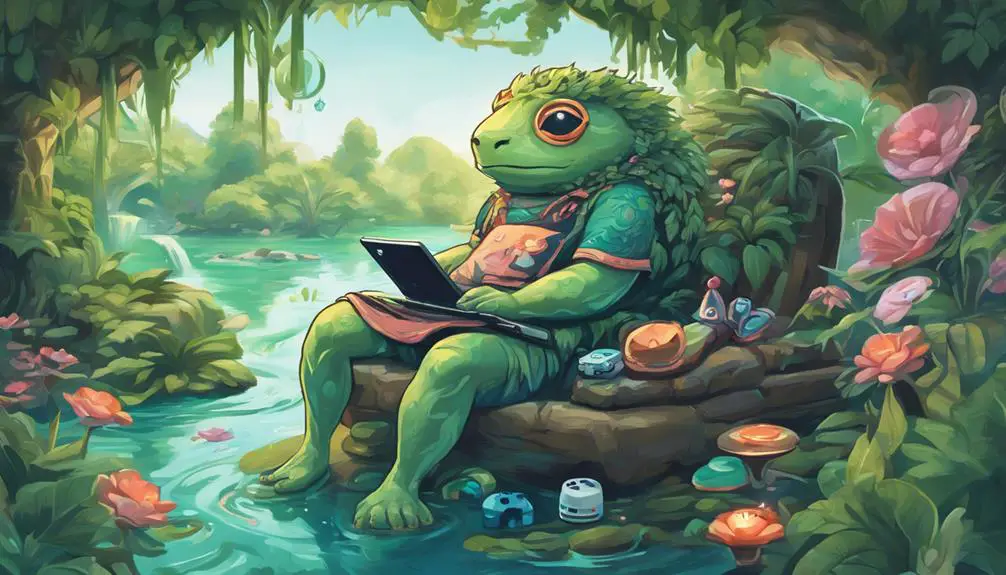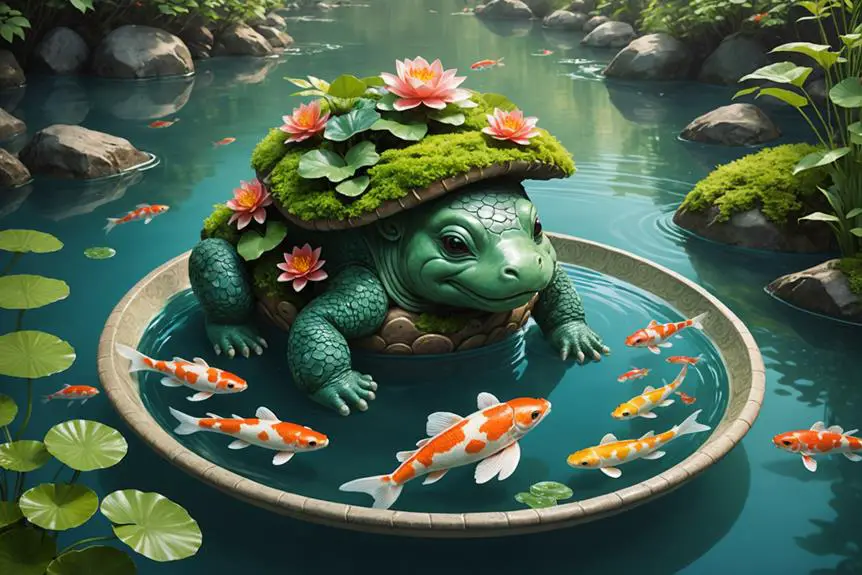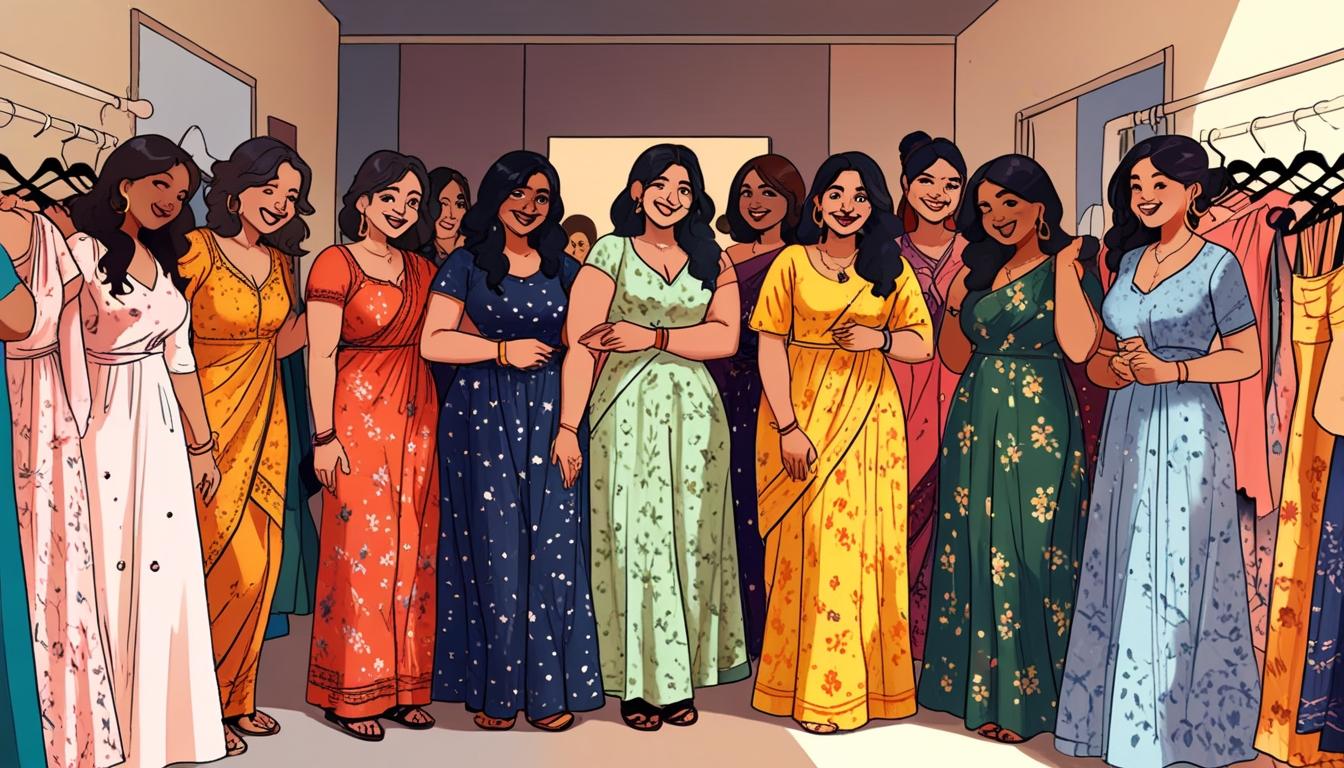Kappa is the tenth letter of the Greek alphabet, represented as Κ in uppercase and κ in lowercase. It's pronounced "kae-puh" in English. In science, it often stands for constants, especially in geometry, while in statistics, the kappa coefficient measures agreement between reviewers, with a score above 0.70 showing strong reliability. Additionally, Kappa is a popular online emote that signifies sarcasm or irony, especially in Twitch chat culture, where it adds humor to conversations. This playful usage highlights its cultural impact, making it a fun part of digital communication. Discovering more about Kappa reveals its fascinating evolution!
Definition of Kappa

Kappa is the tenth letter of the Greek alphabet, both in its uppercase (Κ) and lowercase (κ) forms. It's pronounced /ˈkæp.ɐ/ in English and makes the consonant sound /k/.
Kappa isn't just a letter; it has a variety of significant meanings across different fields. In science, you'll often see Kappa used to represent constants and variables, especially in geometry where it denotes curvature.
One of the most fascinating uses of Kappa is in statistics, where the kappa coefficient comes into play. This statistical measure quantifies the level of agreement between different raters. If you're involved in research or data analysis, you'll want to pay attention to kappa values; a score above 0.70 indicates strong reliability, meaning raters are pretty much on the same page!
In pharmacology, Kappa holds significance too. It refers to kappa receptors, which are essential in understanding drug interactions and addiction behaviors. This makes Kappa relevant not just in academic circles but also in real-world applications like medicine and psychology.
Origin and History
Emerging from both cultural and digital spheres, the Kappa emote has a rich history that intertwines with the rise of online gaming and streaming communities. Created by Josh DeSeno in 2009, Kappa is based on his employee ID photo from Justin.tv.
But it's not just any emote; it's named after a Japanese water spirit, symbolizing sarcasm in online chats. This unique blend of cultural reference and digital expression makes Kappa stand out.
As Twitch launched in 2011, evolving from Justin.tv's gaming channels, Kappa gained massive popularity. Twitch became the platform where gamers and viewers connected, and Kappa quickly became a staple in their conversations.
Its primary purpose? To signify sarcasm or irony. Whenever someone wants to poke fun or express a playful jab, Kappa is the go-to emote.
Today, Kappa is utilized over a million times daily in Twitch chats, showcasing its widespread recognition and cultural significance. You've likely seen it in action, whether during heated gaming sessions or light-hearted banter.
It encapsulates a shared understanding among Twitch users, making it a critical piece of the platform's language.
Examples of Kappa Usage

In Twitch chats, you'll often spot the Kappa emote at the end of messages or even standing alone to emphasize sarcasm or irony. This little gray face has become a staple in online communication, especially among gamers. When someone types something that sounds serious but is actually meant to be funny, adding Kappa can change the entire tone. It lets everyone know you're joking, making the chat lively and engaging.
Kappa isn't just limited to Twitch; it's used over a million times daily across various social media platforms. For example, you might see someone comment, "I totally beat that boss on my first try! Kappa." Here, Kappa signals to others that the person isn't being serious, creating a shared laugh in the community.
You might also come across Kappa in creative formats, like poetry. A playful line like, "Roses are red, Kappa is gray," shows how deeply integrated this emote has become in internet culture. It's used alongside other popular Twitch emotes, such as PogChamp and DansGame, enhancing communication and fostering a sense of camaraderie among viewers.
Kappa's influence extends into memes and variations, further solidifying its recognition. Whether used in jest or to add a touch of irony, Kappa continues to thrive in the gaming world, proving that it's not just an emote; it's a cultural phenomenon.
Kappa in Popular Culture
The Kappa emote has seamlessly woven itself into the fabric of popular culture, transcending its origins on Twitch to become a symbol of sarcasm and humor across the internet. Created in 2009, this iconic emote, which features the face of Josh DeSeno, quickly became a go-to for Twitch users wanting to inject some irony into their chats. Whenever you see Kappa, you know someone's probably joking or being sarcastic.
But its influence doesn't stop at Twitch. Kappa has found a home on various online platforms, showcasing its versatility in digital communication. You might spot Kappa in memes or social media posts, where it conveys exaggerated emotions that resonate with many. It's not uncommon for creators and fans alike to use Kappa to add humor to their content, making it a staple in the world of internet slang.
The emote's rising popularity has even led to numerous variations and merchandise, including clothing and accessories. Whether you're browsing your favorite online store or scrolling through social media, you'll likely encounter Kappa merch that celebrates this cultural phenomenon.
Additionally, Kappa often appears alongside other Twitch emotes like PogChamp and DansGame, enhancing its role in the expressive landscape of online gaming communities.
In short, Kappa has become more than just an emote; it's a cultural touchstone that reflects the humor and sarcasm of today's digital age.
Related Terms and Concepts

Understanding Kappa also involves exploring related terms and concepts that enrich its context in online communication. Kappa, a popular Twitch emote, primarily indicates sarcasm or irony in chat conversations. When you want to express a mocking tone, Kappa is your go-to choice. It was created in 2009 by Twitch employee Josh DeSeno, based on his employee ID photo, and has since become a staple in the gaming community.
In addition to Kappa, you'll encounter other Twitch emotes that help convey a wider range of emotions. For example, PogChamp expresses excitement, while DansGame communicates disgust. Using these emotes together can add layers of meaning to your conversations, making the chat experience more engaging.
You'll also notice that Kappa has inspired various variants and adaptations across different internet platforms and social media. This cultural significance extends beyond Twitch, as Kappa-themed merchandise has popped up, allowing fans to showcase their love for this iconic emote.
As you navigate online spaces, recognizing these related terms and concepts can deepen your understanding of the nuances in digital communication. Whether you're using Kappa to share sarcasm or exploring its connections with other emotes, you'll find that these elements enrich your engagement in gaming chats and beyond.




